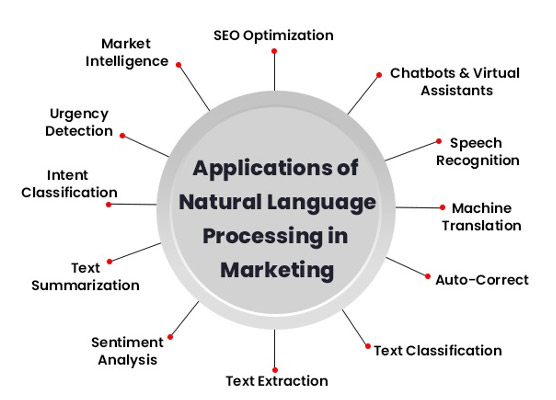Mastering personalization in marketing with AI
Today, most customers expect ads they see online to be personalized. Returning to a more general approach to advertising is no longer a viable solution as almost half of customers are less likely to continue purchasing from non-personalized brands and a quarter stop using brand products or services. The onus falls on businesses to understand consumer preferences and behaviours to serve them successfully. However, delivering timely, relevant, and personalized marketing campaigns requires significant amounts of data to be collected, cleaned, analyzed, organized, and activated seamlessly across multiple channels.
With privacy regulations evolving faster than ever, it can be challenging to keep up with the latest developments. In the age of consumer-centric marketing, aligning your practices with user consent is the cornerstone of trust. Striking the perfect balance between privacy, personalization, and performance isn't easy, but it's the essence of successful modern marketing. The heart of modern marketing lies in personalization.
So, how can you achieve this balance? Make sure to build strong and meaningful connections with your audience. Be open and transparent with your customers about what data you are collecting and how it’s used to better serve them. Remember that personalization still requires that you responsibly use personal data and that privacy laws must be followed. There is no better outcome than to have a happy and engaged customer become a loyal and trusted brand ambassador who shares their positive experience with their networks. Discovering strategies that will enable you to leverage first-party data is key to creating personalized experiences that resonate with your audience while maintaining privacy and trust.
This is where AI can assist with personalization at scale.
AI can help speed up some ad development processes by eliminating manual work and human errors. However, it’s still important to use your marketing knowledge and experience to fine-tune marketing campaigns. Customers still love, expect, and appreciate the human touch.
Machines are capable of picking up on our mood through the language we use, which has several marketing applications. An AI model can process conversations and messages by scanning customer reviews to determine whether the sentiment being expressed is positive or negative, resulting in real-time trigger messages.

Diagram Source https://www.marketingaiinstitute.com
Proactively using AI for predictions and automated journeys can significantly improve marketing campaign results. These tools can be created to automatically select the best time to engage with consumers and the next steps in the purchasing journey based on behaviour, various interactions, and signals received by the system.
Examples of AI-powered marketing tools for personalization:
- Advance voice and visual search
- Chatbot
- Product and service recommendations engines
- Dynamic pricing
- Predictive analytics
- Ad-targeting
- Image tagging and recognition
- Personalized messaging (web, email, mobile, social)
Practical examples:
- Starbucks offers a loyalty card to record purchases and an app through which customers can place orders. Combining these predictive analytics can be used to determine effective, personalized messages to send through the app, such as greetings and cross-sells when a customer approaches the store.
- Spotify creates tailored playlists based on customer listening patterns.
- Pinterest offers visual image search and recognition.
- TripAdvisor uses customer data from previous trips and site browsing to detect and/or predict attractive locations and send helpful, curated emails about them.
AI-based personalized marketing campaigns are here to stay but the responsibility still falls on marketers to attract and guide customers as they navigate the endless choices. Make sure you understand the power and limitations of AI-based marketing tools. Incorporate risk management practices in your work, frequently re-evaluate the components of your program governance, and always test, measure, analyze, and adjust your outputs with the consumer’s safety in mind.
*References:
AI-driven Personalised Marketing Part 2: Examples and Use-Cases | Katherine Munro | Medium | The Startup
The AI-Powered Hyper-Personalization Transformation Is Coming (cmswire.com)



































